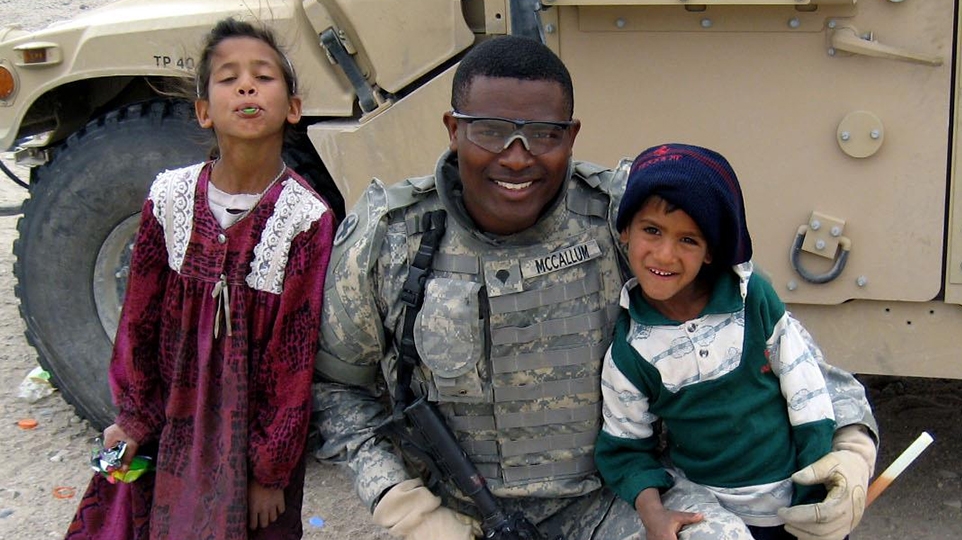Those fortunate enough to listen to a lecture from Wayne A. Stone, ’92, former acting inspector general of the Intelligence Community and now senior executive in the Office of the Director of National Intelligence, might confuse him for an academic of they didn’t know any better. A military man turned high-ranking intelligence officer, Stone preaches the important of education and has the resume to support this paradigm.
Every December for the past 15 years, multiple semi-trucks, filled to the brim with donations of new toys, leave the Office of the Director of National Intelligence in McLean, Virginia, and make their way into the arms of children across Northern Virginia as a part of the U.S. Marine Corps Reserve Toys for Tots program.
This year, ODNI officers took their support for the Toys for Tots program one step further and volunteered in-person.
ODNI officers helped Marine Corps Reservists from four different site support units in the Northern Virginia by sorting toys at a local distribution center on Joint Base Anacostia-Bolling, Washington, D.C., Dec. 5.
For years, U.S. spy agencies have acknowledged they need a more diverse workforce to help understand increasingly complex threats and interpret foreign cultures.They are making progress toward that goal—except at the top.
Years of studies, recommendations and promises have had limited impact on reshaping the upper echelons of the U.S. intelligence community, comprising 17 civilian and military agencies and offices, according to current and former officials and workforce statistics.
The night before a roadside bomb detonated against his Humvee, Ryan McCallum knew something was amiss.
The Illinois Army National Guard soldier had an uneasy feeling that night and didn’t sleep well. The standard intelligence briefing he and his crew received about the route to and from the airbase in the middle of Iraq was not helpful.
But when he got on the road that morning in Iraq in June 2007, his anxiety deepened. A sandstorm was kicking up. Tires on the side of the road were burning. Something just wasn’t right; none of this was “normal.”
“I remember that day as clearly as yesterday.”
It has been 19 years since the tragic attacks in New York, NY, Arlington, VA, and Shanksville, PA. Nearly 3,000 of our friends, family members, neighbors and colleagues never made it home that night.
For David Pan, a career intelligence officer who was inside the Pentagon on the fateful morning of September 11, 2001, these events changed his life forever. Pan was fortunate to make it out of the Pentagon alive; however, the emotional impact the day made on him is everlasting.









